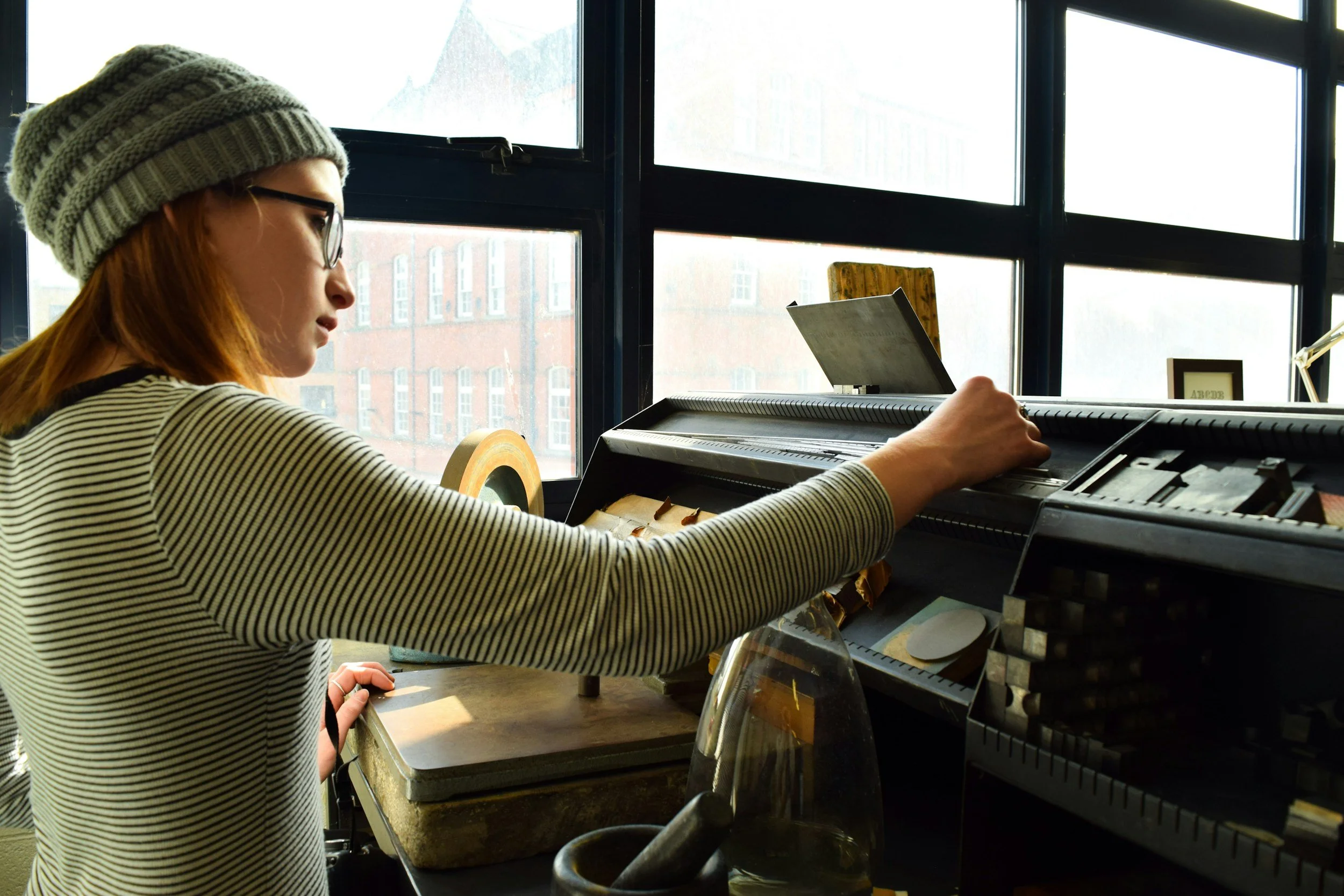Staying Open to New Ideas and Experiences
Have you ever caught yourself dismissing something just because it was unfamiliar? Maybe it was a new food, an unusual opinion, or a chance to do something different. It’s totally natural—our brains are wired to crave comfort and predictability. But staying too comfortable for too long? That’s where growth stops.
Staying open to new ideas and experiences doesn’t mean abandoning your values or saying yes to everything. It means being curious. It means being willing to learn, unlearn, and maybe even change your mind. And when you do? Life gets a lot more interesting—and a whole lot richer.
Let’s explore why openness is a skill worth building, and how to actually do it in real life.
Why Openness Is So Valuable
Being open-minded is more than just a personality trait. It’s a mindset that fuels:
Creativity – Openness helps you think outside the box and solve problems in fresh ways.
Adaptability – Life throws curveballs. Being open helps you adjust and pivot without panic.
Emotional Intelligence – You’re better at listening, understanding others, and seeing multiple perspectives.
Personal Growth – Every new idea or experience is a chance to learn more about the world—and yourself.
Studies have even shown that people who score higher on “openness to experience” tend to live more fulfilling lives. They're also more likely to embrace learning, face challenges with resilience, and build deeper relationships.
What Gets in the Way?
Even if you want to be more open, it's not always easy. Here are a few common blockers:
1. Fear of the Unknown
Trying something new often means stepping into uncertainty. And that’s uncomfortable. But discomfort is often a sign of growth knocking at your door.
2. Fixed Mindsets
When you believe things like “I’m not creative” or “I could never do that,” you're shutting down possibilities before they even start.
3. Ego and Attachment to Being Right
It’s tough to admit you might not have all the answers. But humility opens the door to growth.
4. Past Experiences
Maybe you tried something new once and it didn’t go well. That memory can quietly convince you to play it safe next time.
Here’s the good news: all of that can be shifted.
How to Stay Open to New Ideas and Experiences
You don’t need to reinvent yourself. You just need to practice curiosity, challenge assumptions, and create space for growth. Here’s how:
1. Ask “What If?” Instead of “Why Bother?”
Next time you're faced with a new opportunity—whether it's an idea you disagree with or something unfamiliar—try asking:
“What if this could teach me something valuable?”
“What’s the worst that could happen if I just try it?”
“What might I gain from being open here?”
Sometimes, the simple act of asking opens a door.
2. Make Learning a Habit
Staying open is easier when learning becomes part of your daily routine.
Try this:
Listen to podcasts from voices outside your bubble
Read books that challenge your thinking
Take a class in something completely unrelated to your work or hobbies
Watch documentaries on unfamiliar cultures, ideas, or fields
The more you expose yourself to new perspectives, the easier it becomes to accept them.
3. Let Go of Needing to Be Right
Being open means being okay with not having all the answers. It’s about asking questions, not just defending your point of view.
Try saying:
“I never thought of it that way.”
“Tell me more about how you see this.”
“I might be wrong—what am I missing here?”
You don't have to agree to be open. Just be willing to consider.
4. Say Yes (Even When You’re Unsure)
Sometimes growth starts with simply saying yes. Yes to a new class, a different cuisine, an invitation you’d usually turn down.
Start small:
Try a new workout
Visit a new place—even if it’s just a park across town
Say yes to helping out on a project outside your usual skillset
Every “yes” expands your comfort zone just a bit more.
5. Surround Yourself With Diverse Thinkers
Spend time with people who think differently, live differently, or come from different backgrounds than you. It challenges your assumptions and stretches your worldview in the best ways.
Don't seek echo chambers. Seek variety.
6. Be Okay With Being Uncomfortable
Growth is messy. New experiences can feel awkward or even frustrating. That’s not a sign to stop—it’s a sign you’re learning.
Try reframing discomfort as:
“This feels new, not wrong.”
“I’m building resilience right now.”
“Every expert was once a beginner.”
Real-Life Example: Lisa’s Story
Lisa, a 40-year-old teacher, always considered herself “not artistic.” But during a vacation, she signed up for a beginner watercolor class on a whim. She felt silly at first—but halfway through, something clicked. She wasn’t creating masterpieces, but she felt calm, focused, and free.
Now? She paints once a week after work. And she swears it’s helped her become a more patient teacher, a more present parent, and a happier version of herself.
Sometimes the most surprising joys come from simply being open to something new.
Quick Tips to Build Openness Daily
Say “yes” to one new thing per week
Ask more questions than you give opinions
Listen with the intent to understand, not to reply
Try a “reverse day”—do something the opposite of your usual routine
Travel (even locally) and expose yourself to different cultures
Keep a journal to track what you’re learning from new experiences
Final Thoughts
Staying open to new ideas and experiences is one of the most powerful ways to grow—not just as a person, but as a friend, a leader, a thinker, and a human being.
It’s not about changing who you are. It’s about expanding who you can be.
So next time you're tempted to say, “That’s not for me,” pause. Breathe. Ask, “What if this could teach me something?”
You don’t have to leap outside your comfort zone. You just have to step.


